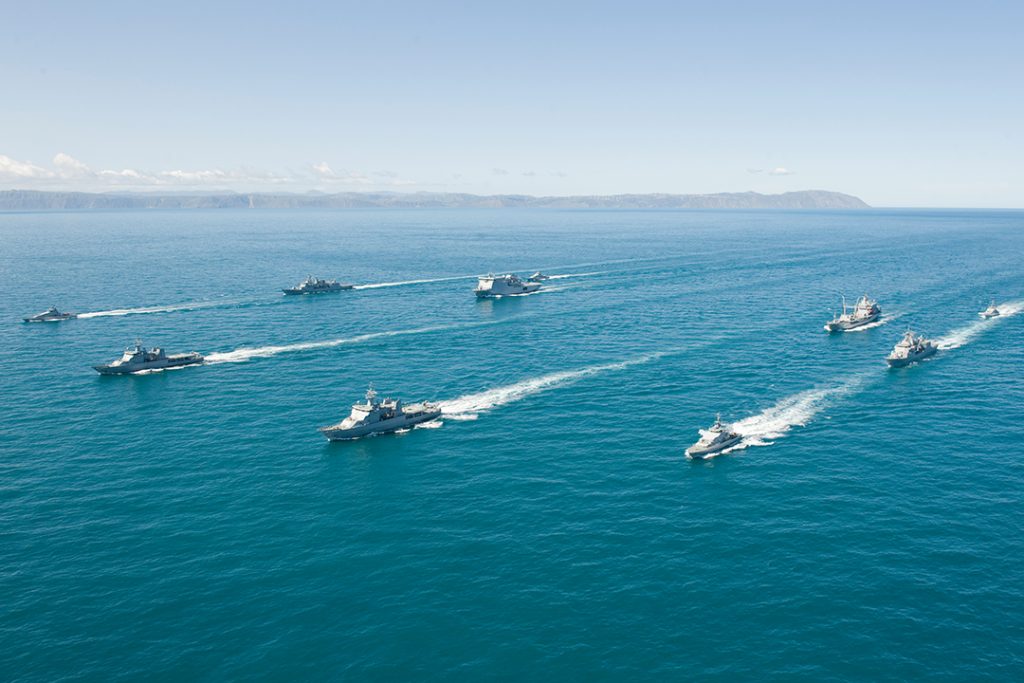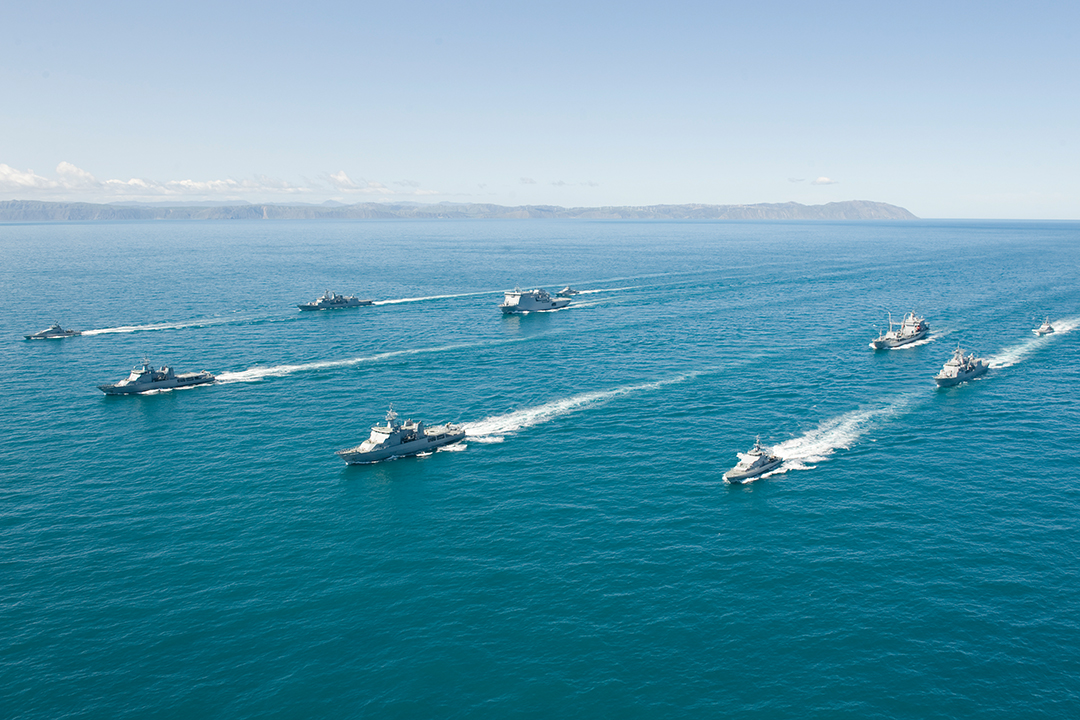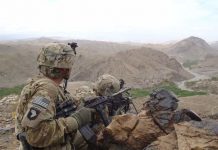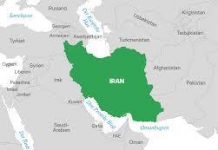
According to a report from Taiwan News, Taipei is creating coastal defense brigades and is boosting the effectiveness of its coastal defenses in the event of a hostile landing.
The military is creating five additional coastal defense brigades. These improvements in the coastal defense is scheduled to be completed by the end of 2023. Taipei will have at least 12 such brigades. From January 1, 2021, Taipei will send one of the brigades to the most sensitive regions in the north and south.
In the report, Taiwan News denied that this would increase the number of active military personnel. The formation of the new brigades was designed to reorganize the currently available human resources of the local armed forces and increase the effectiveness of the island’s defenses to a potential enemy landing .
Taiwanese authorities are focusing on boosting the capabilities of their armed forces by systemically modernizing weapons and by bringing about structural reforms.
These developments come at a time when the Chinese military is increasingly taking on a more aggressive posture.
According to the Taiwan Relations Act, Taiwan’s legal status is yet to be determined; further, the United States also does not recognize Taiwan as being part of China. This in fact is the very foundation of the Taiwan Relations Act. To this end, the United States has decided to sell cruise missiles as well as ballistic missiles worth nearly $ 1.8 billion to Taiwan.
China does not recognize Taiwan and it has not ruled out the use of military force to integrate the nation to its territory, much like it has done with Tibet.
As part of the multi-billion deal, Taiwan will receive 11 Himars M-142 mobile artillery launchers, 64 Army Tactical Missile Systems (ATACMS), and M57 ballistic missiles; it will also receive 135 AGM84H Standoff Land Attack Misca Expanded Response (SLAM-ER) cruise missiles which can be equipped onto F-16 fighter jets and which can target naval and land units. The deal also includes 6 MS-110 Recce Pods for F-16 jets. The Trump Administration has also given the green light to sell its latest version of the F-16 Viper Block 70 / 72 aircraft.
With these sales, Washington is aiming to minimize the possibility of a China-Taiwan conflict and provide Taiwan sufficient capability to defend itself against a potential Chinese invasion force.
According to analysis by military experts, a Chinese invasion force will face serious resistance from Taipei. In fact, many experts believe, that Taiwan has the capability to respond swiftly against any provocation and deploy its defensive and offensive forces faster than those by China.
Taipei has welcomed the Trump administration’s decision to sell advanced military weapons even as China has not recognized Taiwan’s independence. Already Beijing has started its media campaign that the United States is interfering in China’s internal affairs and that in the coming days, the government will take a very “legitimate and necessary response. basis for the development of the situation”.
China appears to be preparing a massive invasion force for Taiwan, according to military analysts. Beijing has violated Taiwan’s airspace at least 21 times in the last year and diplomatically it is applying pressure on Taiwan’s President Tsai Ing-ven, by accusing her of pursuing an independence program.
But China is not as strong as it tries to flaunt its image. The myth was broken by Indian soldiers following a hand to hand combat in the Galwan Valley in India which saw a large number of deaths on the Chinese side, despite the element of surprise.
Despite of its size of its large army, China understands the dangers of any potential misadventure on Taiwanese lands. Only a few weeks ago, China’s People’s Liberation Army (PLA) rushed to strengthen its missile bases at the Fujian and Zhejiang after seeing that Taipei had deployed DF-17 ballistic missiles in this area.





